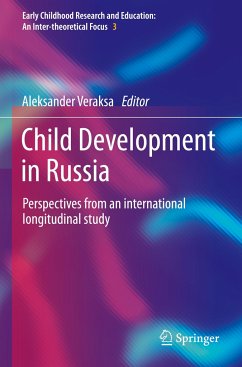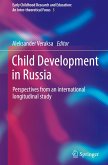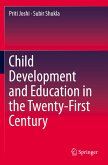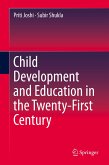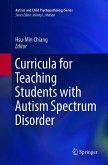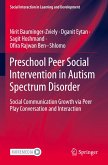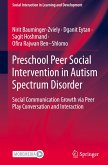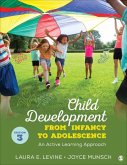This book presents unique results of complex studies from the all-Russian longitudinal study "Grow with Russia". In the framework of the cultural-historical concept, it focuses on the social situation of development, which is organized by adults, and its influence on cognitive and emotional development of children. It examines the role of the traditional play in children's development in modern conditions.
The book explores the changes in social situation of development due to the digitalization of the world and its impact on child development, child groups and play development. The book searches for cognitive cultural tools as means of concept acquisition by preschool children in different domains as well as key factors that influence effectiveness of different cultural tools usage. This book provides international perspectives, making results from the study applicable to different cultural contexts.
The book explores the changes in social situation of development due to the digitalization of the world and its impact on child development, child groups and play development. The book searches for cognitive cultural tools as means of concept acquisition by preschool children in different domains as well as key factors that influence effectiveness of different cultural tools usage. This book provides international perspectives, making results from the study applicable to different cultural contexts.

